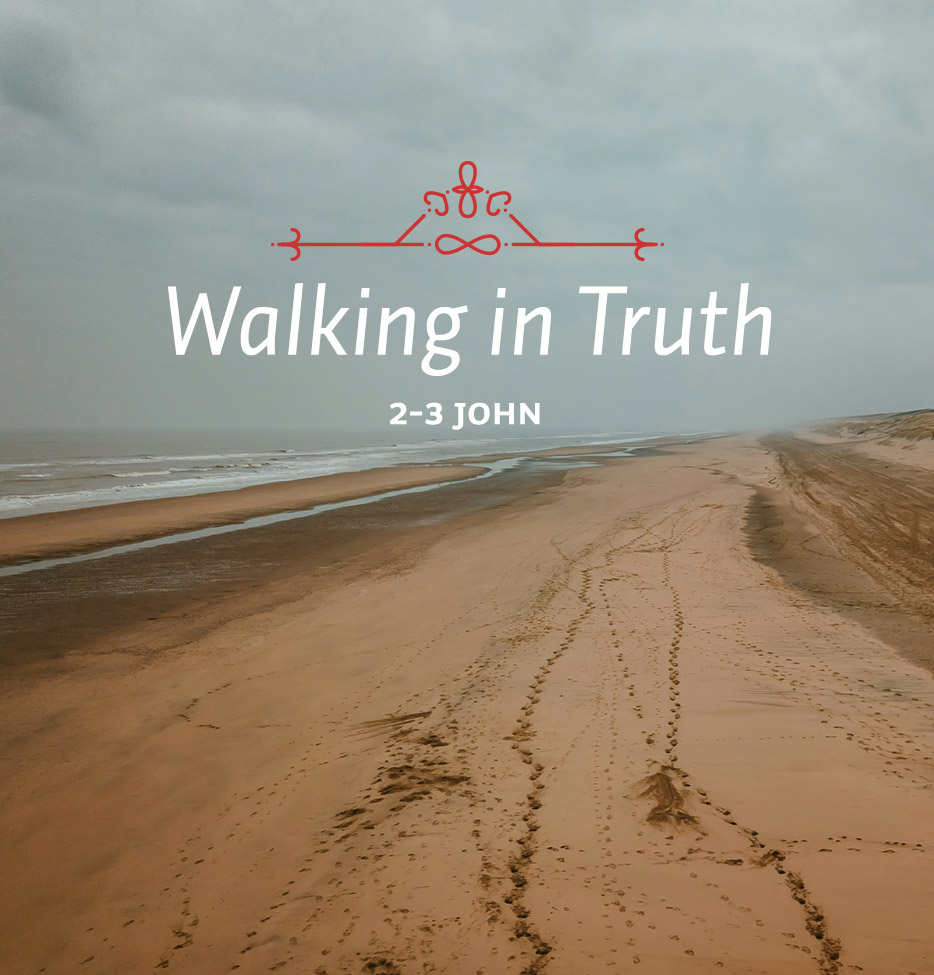The second part of John’s instructions to the local church reveals how strongly he feels about the danger. For here the Christians are not only warned. They are also instructed to have no part in encouraging either the false teachers or their false doctrines. In fact, says John, do not even greet them, for in so doing you may be sharing in their wicked work.
The very vehemence of this warning has caused some commentators to object, arguing that it is hardly necessary or right for a Christian to refuse even to speak to someone whom he regards as being a false teacher. But this is not what John says. Here we are helped by a careful analysis of John’s teaching.
First, we must note that John is not talking of all error but only of that which comes under the guise of Christianity. In other words, his expressions cannot be used as the basis of a refusal to talk to non-Christians or to hold dialogue with adherents to another religion or philosophical system. Second, he is not even referring to all those who are in error within Christianity, but only to those who are teachers of such errors in the name of Christianity. All others should presumably be loved and instructed. Finally, he is not even referring to all teachers who err but only to those who are in error on the most fundamental truths and who are actively proclaiming their heresies. Obviously, there is no teacher who is one hundred percent free of error. Yet we encourage them and learn from them. It is only when professing Christians teach the most anti-Christian doctrines that we are to deal so harshly.
It may even be, as Stott argues, that John’s instructions “may well relate not only to an ‘official’ visit of false teachers but to the extending to them of an ‘official’ welcome, rather than merely private hospitality.”1 If at this point, however, the words still seem harsh, it can only be that John’s concern for Christ and His glory is greater than ours and that our so-called tolerance is in reality just an indifference to truth and a misunderstanding of true love.
John has many more things which he could write. The first letter will give an idea of what some of them might be. But John has come to the end of his sheet of papyrus and will stop. Besides, it is not important, for he is hoping to visit his readers soon and so talk “face to face.” In 1 Corinthians 13:12 Paul writes this phrase literally (prosopon pros prosopon), but here the words are literally “mouth to mouth” (stoma pros stoma). Today we might say “eyeball to eyeball.” Whatever the phrase, the meaning is the same. It is a face-to-face encounter.
Moreover, John states the relatively greater value of this as over against the mere writing of a letter. A letter is good, but it can be terribly misunderstood, particularly when hard things are being said. Far better is the personal visit and the personal word. As Barclay points out, there was a time when Oliver Cromwell greatly disliked John Fox, the Quaker. But then he met him and after a short while declared, “If you and I had but an hour together, we would be better friends.” So would all Christian people if only we would learn the value of direct communication.
The last words are a greeting from the members of the congregation where John is staying to their friends.
1John R. W. Stott, The Epistles of John (Grand Rapids, MI: Eerdmans, 1964), 213.






